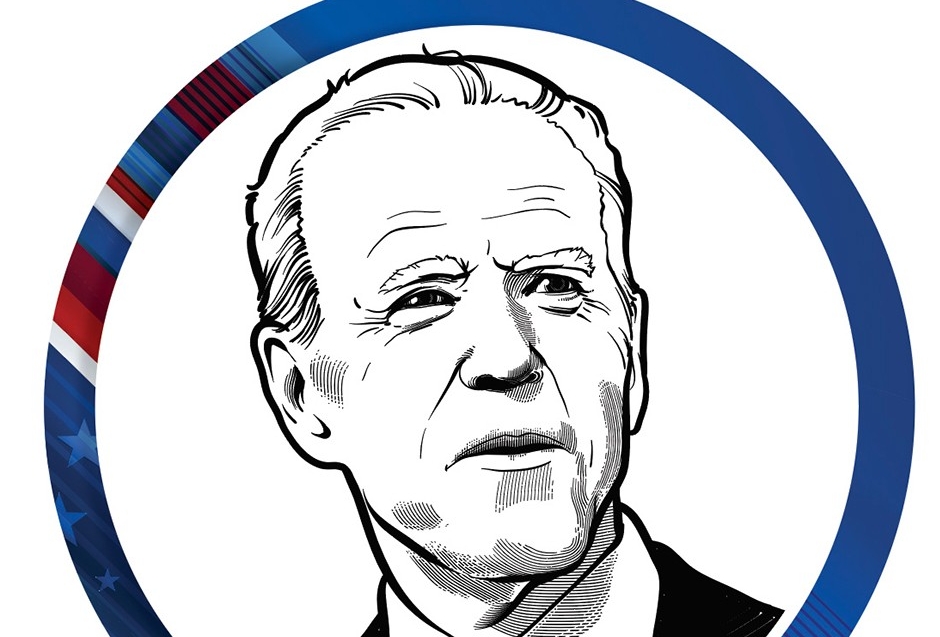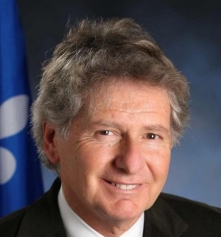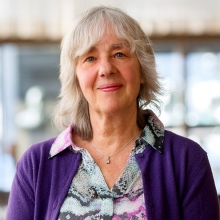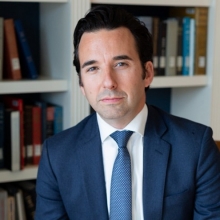The January 5 Senate runoff elections in Georgia, which saw the once red state elect two Democrats in tight races, “is really going to decide how Biden’s presidency turns out,” says Moshe Lander, a senior lecturer in economics at Concordia.
“With the Democrats in control of the levers of government, it’s not going to be very good economically for Canada in the short term. They’re hostile to pipeline development and to the fact we are very much a resource-based economy. That’s not going to jibe with their earthy, protect-the-planet, save-theenvironment, anti-big-business thing.”
Lander says there was no way Biden would risk annoying left-wing Democrats by reneging on his pledge to pull out of the Keystone pipeline. This is not good news for Prime Minister Justin Trudeau, whose own re-election fortunes will not be helped by unhappy Western provinces heavily dependent on the fossil-fuel industry.
“[The pipeline issue] was low-hanging fruit for Biden,” says Lander. “It’s an easy, early success for him, where he can say, ‘Hey, I delivered on a promise.’”
Nor is Biden expected to spend political capital helping Trudeau find a solution to the imprisonment of two Canadians in China, after Canada, acting on a request from the Trump administration, arrested Huawei executive and heir Meng Wanzhou in 2018 on charges she had violated U.S. sanctions on Iran. “What you’re basically trying to argue for is the release of two Canadians in prison in exchange for a high-ranking executive who’s under house arrest in Canada,” Lander says. “So he would immediately look weak on China in trying to cut a deal, and he’s not even saving American nationals.”
Greater engagement on the way
And neither are Canada-U.S. trade issues likely to be at the top of Biden’s to-do list, given the enormous work he faces in trying to heal a deeply divided nation, control a rampaging pandemic and monumental vaccine deployment, and mitigate COVID-19’s devastating economic fallout.
Does that mean Canada will be an afterthought in Washington now that Biden has assumed office? In some ways, yes, experts like Lander say, but in other important ways, no.



 Moshe Lander
Moshe Lander
 John Parisella, BA 67
John Parisella, BA 67
 Margie Mendell
Margie Mendell
 David Azerrad, BA 01
David Azerrad, BA 01
 André Gagné
André Gagné
 Désirée McGraw, BA 93
Désirée McGraw, BA 93